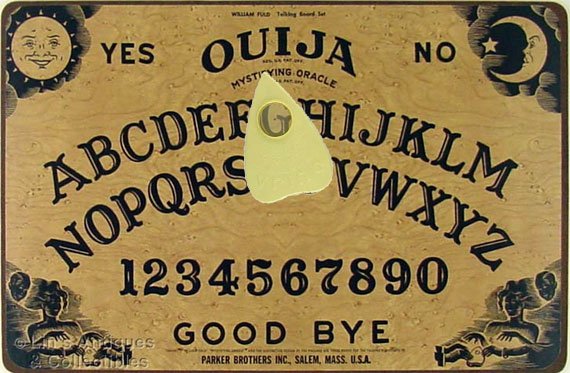I like to see 100% success rate to forever, even though I do not think I will live to the 90s (heck, if I croak in my early 80s, it will not surprise me). Additionally, I am of the same thinking as Bernstein when he says that there is too much unknown in the future to try to pinpoint any precise spending level with any calculator.
My reason is simply a psychological one: I do not want to see my net worth drop significantly. Nope! Once a millionaire, always a millionaire! In fact, it would drive me insane if I get down to, say, 1/2 of what I have now. I need plenty of margin to make sure it does not happen.
And then, if you play with FIRECalc until you get 100%, it will tell you that there just might be a chance, just might be, that you will end up with so much money before you die. I just love this! Outside of FIRECalc, nothing or nobody ever tells me that I had a chance to die a multi-decamillionaire. That's all I got to believe in. Heck, the chance that FIRECalc is right is a lot higher than my winning the lottery (I've got to buy a ticket first though).
PS. I never tell my children this. They may just quit working, and just hang out waiting for me to expire.




